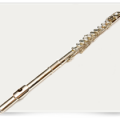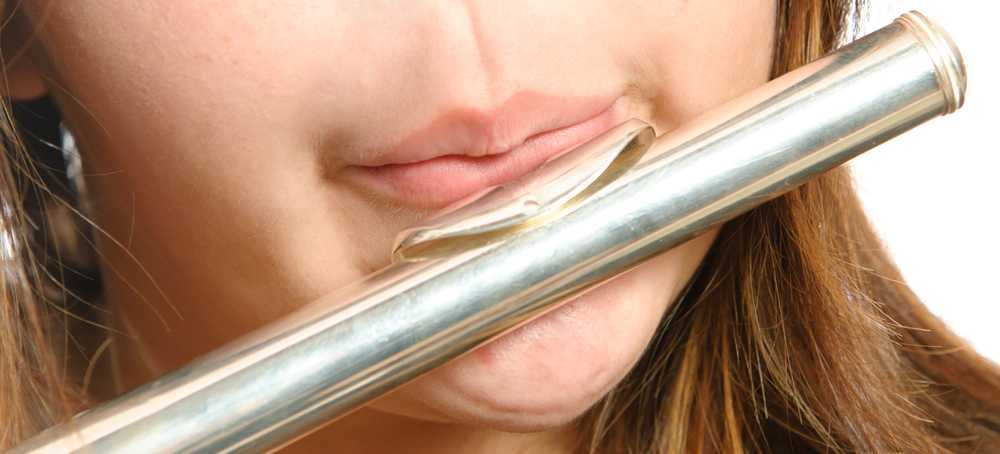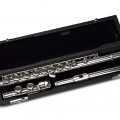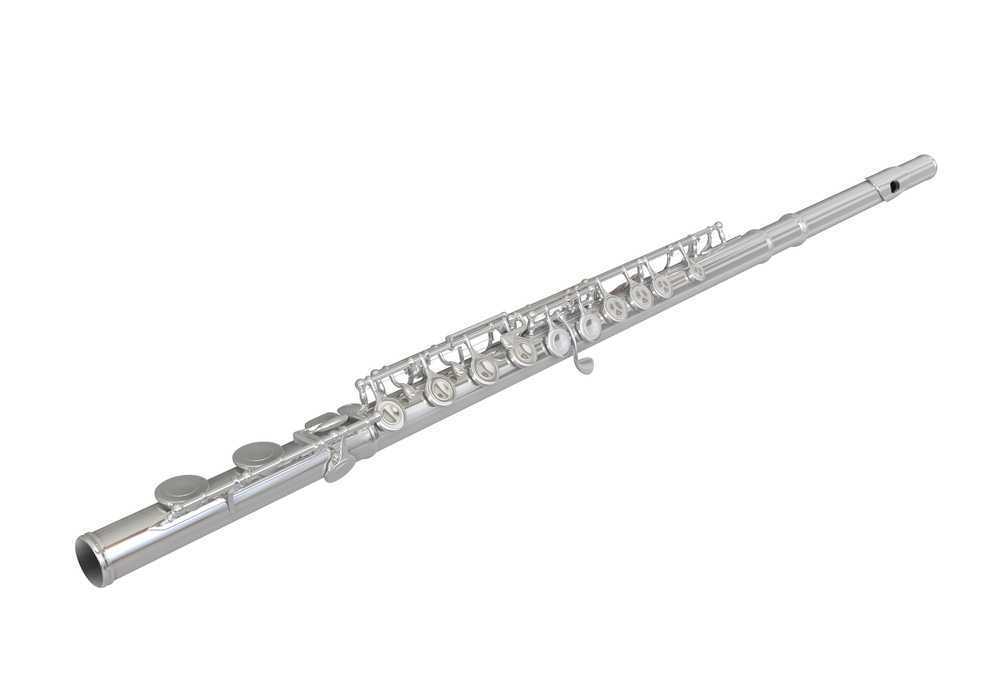
We have compiled some great tips for beginning flute players, including when to start lessons, how to get an instrument, what lessons will cover, and how often to practice.
When to Start Flute Lessons
Most students start learning the flute around age 9. The student needs to be big enough to be able to appropriately hold the instrument and have the lung capacity to blow properly. Some students start younger, but unlike piano or violin, it’s not really appropriate to start flute much earlier than third grade. If your young child is very eager to get started, I would recommend buying a recorder first. The embouchure (the way you form your mouth to play) is completely different, but the fingerings are similar to the flute, so that could give your child an advantage when she or he advances to the flute. A plastic recorder will also be inexpensive so you won’t have to worry about a damaging the instrument.
Of the woodwinds, the flute can be a relatively easy instrument for beginners, so it can be an extremely satisfying instrument for adult students interested in starting lessons. In some ways beginning flute as an adult can be advantageous because most have escaped, or already dealt with, the plight of braces!
Should You Buy or Rent a Flute
With a beginning flutist I would recommend renting first. Yamaha is a really reliable brand. Armstrong or Gemeinhardt are also solid choices. If the student is young and has a hard time holding the instrument, you could consider renting a flute with a curved headjoint (a “candycane” headjoint) to make holding the instrument more comfortable. Once the student progresses, he or she could look into purchasing a more advanced model with open hole keys and a B foot joint.
What is Learned at Flute Lessons
Unlike the guitar or piano, playing the flute is less intuitive and therefore it is not an instrument that can easily be self-taught. I would recommend taking flute lessons. A good teacher should be able to teach you:
- Correct embouchure formation
- Proper breathing and posture
- How to develop a solid tone
- How to hold the flute
- How to clean your flute
- Fingerings for notes
- Different articulation
- Vibrato
- How to read music
- Music theory
- Musicianship skills
How Much you Should Practice the Flute
As with any instrument, the flute takes years to master. But consistent and constructive practicing will allow you to advance significantly. For beginning students, try to practice 20 minutes everyday. Regular practicing for short periods of time is more effective than practicing for several hours at one time. The flute uses a lot of air, so beginning flutists may feel light-headed initially. As you build your embouchure and lung capacity you can gradually increase practice time to 30 minutes.
Final Notes
The flute can be a joy to play solo or in an ensemble. It’s a particularly common instrument in wind ensembles and marching bands, and most orchestral pieces include at least two flutes in the woodwind section.
I hope these tips have been helpful! Best of luck on your musical journey!








Don’t forget curved headjoint C flutes for beginners. This can enable a young student to start playing much earlier than 9 years old. Great articles, by the way, I was very happy to discover this web site via StumbleUpon tonight. :)
My daughter is interested in playing the flute, so I'm glad I came across this article. It was interesting to me how you recommend renting a flute first instead of buying one. Is this so that my daughter can really decide if she wants to continue flute playing before committing the money to buy one?
Thank you for your great article on playing the flute. My daughter wants to start playing the flute and needs some tips. I will definitely pass along all of your great tips and information to my daughter so she can successfully learn how to play the flute.